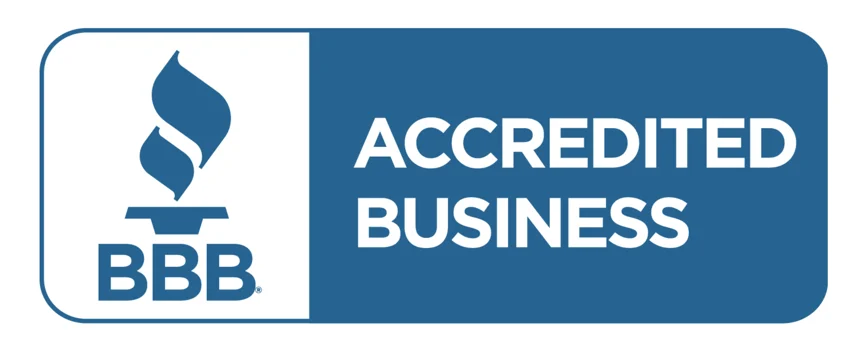If you are considering selling to a home investor, you need an investor you trust who will not only live up to their word when it’s time to buy your home, but will also give you peace of mind that your home will be in good hands and that the investor will respect your neighbors and improve the community. When searching for a reputable investor, here are some details to look for.
What to Look For When Selling to a Home Investor
It’s important to do research on any investors you’re considering approaching to protect yourself and your property. While home buying scams are uncommon, there are a few that give home investors a bad name. Most investors provide a service to you and the community, while still supporting a healthy business model.
The Home Investor Has a Good Reputation
A reputable home investor will already have good standing in your community. They will be known for revitalizing aged homes and improving the value of the neighborhood.
To research an investor’s impact, go online to find reviews and client testimonials. If they are working in your area, there should be plenty of evidence to back it up. An investor without any online presence doesn’t inspire much confidence. If there is a startling lack of reviews or only an overwhelming amount of positive feedback, it’s healthy to be a little skeptical.
The Home Investor Has a Portfolio of Completed Projects
Most home investors love to talk about their past success stories. Call the number they provide and talk to a real person about the company and its values. Ask to see a list of recent purchases or a link to review a portfolio of their work. They’ll appreciate the personal interest and you will have a chance to see the kind of projects they take on to know if your home is a good fit.
The Home Investor Provides Clear and Understandable Agreements
Trustworthy home investors will be upfront about any costs and terms of the sale agreement. There won’t be any hidden clauses or fees to worry about or overly complicated “legalese” meant to distract or confuse you.
Regardless, you should always read all paperwork thoroughly before signing. If you are in danger of falling for a scam, they will likely try to get you to sign paperwork before you’re aware of what it contains. It’s better to be extra sure that everything is clear before you get too far in a situation you can’t get out of.
The Home Investor Will Manage Your Expectations
Experienced home investors won’t make lofty promises that seem too good to be true, but you can trust they will work to give you a fair price for your home. They often have larger goals of helping individuals out of tricky situations and serving the community. They genuinely care about helping homeowners like you.
Scammers only care about lining their pockets. Home-selling scams will promise you large sums of money with no strings attached. They prey on the worries of people in financial crises but don’t offer real solutions.
For example, if an investor buys your home and says you can keep living there – it’s likely a scam. Good investors buy homes to resell them. If you’re still living there they can’t flip the property, which means they likely have other intentions. If an investor is willing to offer a small window for you to find another place to live, it will be clearly stated in the agreement. Shady investors might buy your home and then charge you an exorbitant rent you can’t afford. Don’t trust this type of deal.
As a best practice, don’t exchange any money with an investor until the closing date. If you’re still unsure, have an attorney or listing agent represent you. You’ll be glad you took extra care if things go badly. If you do suspect a scam, you can call in a tip to a fraud-watching organization.
How to Sell to a Home Investor You Can Trust
If you’re looking for a reputable real estate investment firm to sell your home to, Hometown Development would be happy to help. A trusted local investment team, we purchase West Michigan properties in any condition and we can close in as little as five days. Give us a call at 616-379-3077 or contact us online to learn more about our process.








